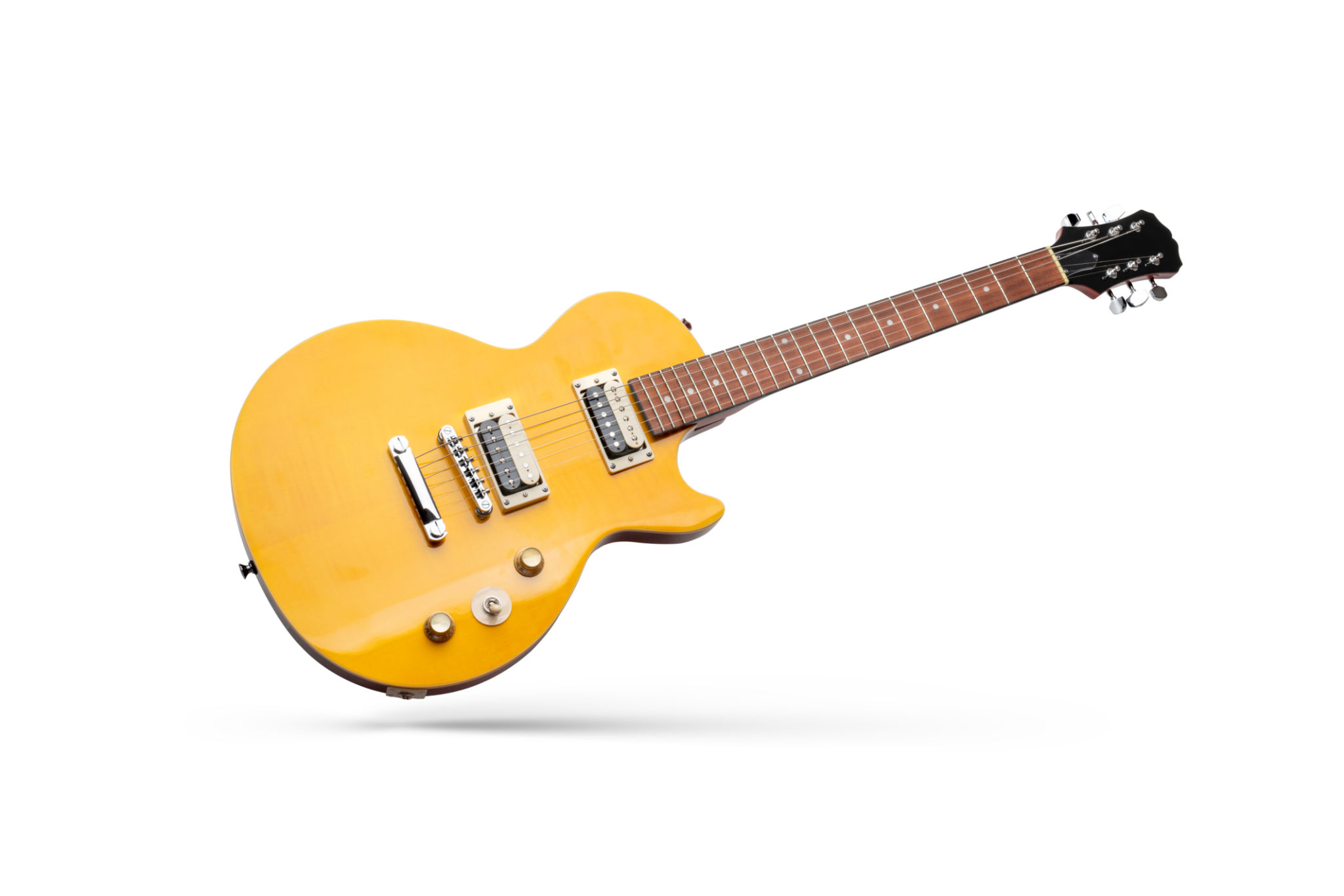Comparing Acoustic vs. Electric Guitars: Which is Right for You?
Understanding the Basics
When it comes to choosing between an acoustic and an electric guitar, understanding their fundamental differences is crucial. An acoustic guitar is a classic choice for many, known for its rich, full-bodied sound that emanates from its hollow construction. Meanwhile, electric guitars are favored for their versatility and ability to produce a wide range of tones through amplification and effects.

Acoustic guitars are typically used in genres like folk, country, and classical music. They produce sound naturally through their body and strings without any need for electrical amplification. In contrast, electric guitars require an amplifier to project sound and are commonly associated with genres such as rock, metal, and jazz.
Sound and Tone Differences
The sound of an acoustic guitar is often described as warm and resonant, making it perfect for unplugged performances and intimate settings. The tone is influenced by the wood type, body shape, and string gauge. Electric guitars, on the other hand, offer a broad spectrum of sound possibilities thanks to pickups and amplifiers. They can produce anything from clean, crisp tones to distorted, heavy sounds depending on the settings and effects used.

One key difference is that acoustic guitars have a more natural and organic tone that suits solo performances or small venues. Electric guitars allow for more sonic experimentation, making them ideal for band performances where you need to cut through the mix.
Playability and Comfort
Playability is another important factor to consider. Acoustic guitars usually have thicker necks and higher action compared to electric guitars, which might be challenging for beginners. Electric guitars typically have thinner necks and lower action, making them easier to play for extended periods.
For players with smaller hands or those who prefer fast playing styles, an electric guitar might be more comfortable. However, those who enjoy fingerpicking or strumming might favor the feel of an acoustic guitar.

Portability and Convenience
If you plan to travel frequently with your guitar or enjoy playing in various locations, portability is key. Acoustic guitars have the advantage here since they don’t require additional equipment like amplifiers or cables. You can simply pick up your acoustic guitar and start playing anywhere.
Electric guitars, while offering more versatility in sound, often require additional gear, making them less convenient for spontaneous jam sessions. However, for studio work or live performances with sound systems in place, electric guitars can offer a wider range of options.
Cost Considerations
Budget can also play a significant role in your decision. Generally, acoustic guitars are less expensive than electric ones because they don’t require additional equipment like amps or effect pedals. Beginners might find acoustic guitars a more budget-friendly option when starting out.
Electric guitars can become costly once you factor in the price of amplifiers, pedals, and other accessories. However, they may be worth the investment if you're looking to explore different musical styles.
Making Your Decision
Ultimately, the choice between an acoustic and electric guitar should align with your musical preferences and goals. Consider what genres you are interested in playing and how you intend to use the instrument. If you lean towards solo performances or acoustic genres, an acoustic guitar may be your best bet.
Conversely, if you are excited about exploring a variety of sound textures and playing with bands or in studios, an electric guitar could be the way to go. Whichever you choose, both types offer unique experiences that can enrich your musical journey.
